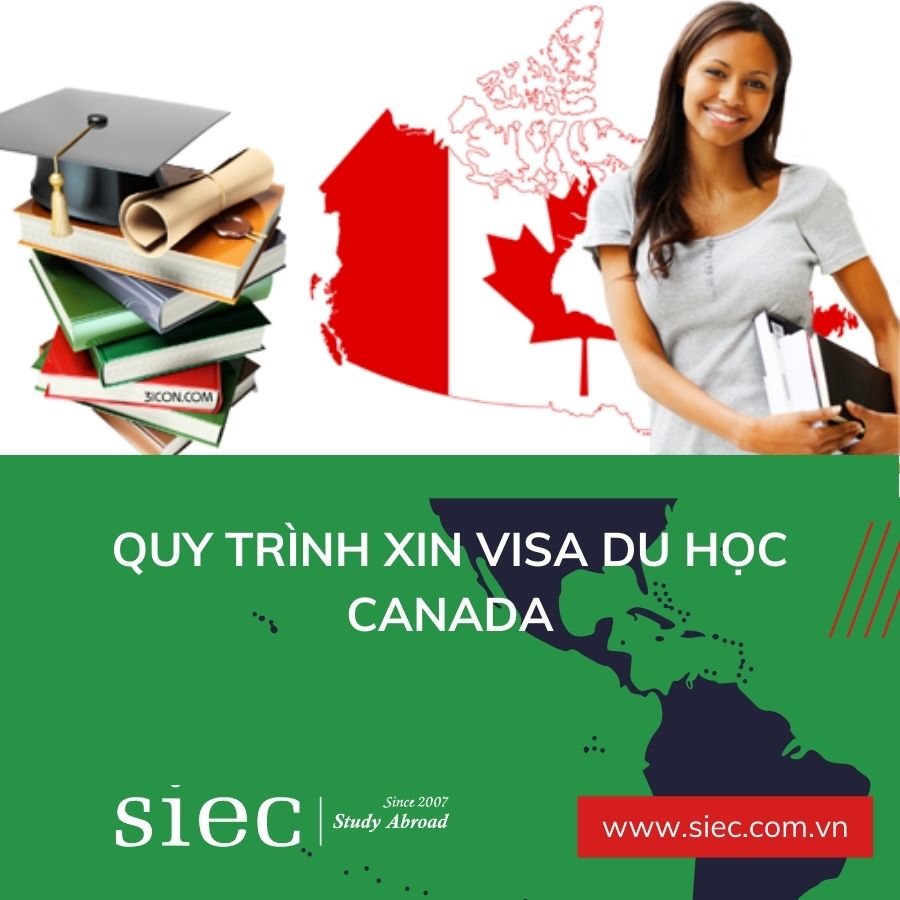Applying for a Canadian student visa is a crucial step in preparing for your studies in Canada. Understanding the steps and processes involved will help you prepare a complete application and increase your chances of being granted a visa. This article provides a detailed guide on the process of applying for a Canadian student visa.
Step 1: Understand the Types of Canadian Student Visas
Study Permit
To study in Canada, you need a Study Permit, which allows you to study at designated learning institutions (DLIs) in Canada. In addition to the Study Permit, you may also need a Temporary Resident Visa (TRV) or an Electronic Travel Authorization (eTA) to enter Canada.
Step 2: Prepare Your Visa Application Documents
Acceptance Letter from a School
First, you need an acceptance letter from a designated learning institution (DLI) in Canada. This letter is a mandatory part of your visa application.
Financial Documents
You must prove that you have sufficient funds to cover your tuition fees and living expenses in Canada. Financial documents include:
- Bank statements for the past four months.
- Scholarship certificates (if applicable).
- Proof of other assets (if applicable).
Passport
Your passport must be valid for the duration of your planned stay in Canada. You should also prepare copies of your passport.
Passport-Sized Photos
Prepare passport-sized photos that meet Canadian standards (35mm x 45mm, taken within the last six months).
Academic Documents
Your academic documents include transcripts, diplomas, English language proficiency certificates (IELTS, TOEFL), and other relevant documents.
Statement of Purpose
The statement of purpose should clearly outline your reasons for choosing to study in Canada, your study plan, and your future goals after completing the course.
Medical Examination
You need to undergo a medical examination at a clinic designated by the Canadian Embassy. The results will be sent directly to the visa processing office.
Police Clearance Certificate
You need to obtain a police clearance certificate from your local authorities to prove you have no criminal record.
Step 3: Register and Submit Your Application Online
Create an Account on the IRCC Website
Visit the Immigration, Refugees and Citizenship Canada (IRCC) website and create an account. This allows you to submit your application online and track its status.
Complete the Online Visa Application Form
Fill out the online visa application form with complete and accurate information. Ensure that you do not miss any required fields.
Upload Required Documents
Scan and upload all the required documents that you have prepared.
Pay the Visa Application Fee
Pay the visa application fee online using a credit card or other accepted payment methods. Save the receipt for future reference.
Step 4: Prepare for the Interview (If Required)
Plan Your Responses
If you are required to attend an interview, prepare thoroughly to answer questions about your study plans, academic goals, and future aspirations.
Bring All Necessary Documents
Bring all necessary documents and your interview invitation to the interview. Be punctual and dress appropriately.
Step 5: Track Your Application Status
Check Application Status Online
Use your online account to check the status of your visa application. You will receive notifications regarding the decision on your application.
Contact IRCC (If Needed)
If you need additional information or have questions about your application, contact IRCC directly through their customer support channels.
Step 6: Receive Your Visa and Prepare for Your Study Abroad Journey
Verify Visa Information
When you receive notification of your visa approval, verify all the information on your visa to ensure its accuracy. If there are any errors, contact IRCC immediately for corrections.
Prepare for Your Journey
Once you have your visa, start preparing for your journey to Canada. This includes booking your flight, arranging accommodation, and familiarizing yourself with life in Canada.
Arrange Housing and Necessary Services
You should arrange your accommodation before arriving in Canada. Options include dormitories, renting an apartment, or homestays. Additionally, learn about essential services such as banking, health insurance, and transportation.
Attend Orientation Sessions
Many universities offer orientation sessions for international students to help them adjust to the new academic and living environment. This is a great opportunity to learn more about your university, meet new friends, and get answers to any questions you might have.
Conclusion
Preparing a Canadian student visa application requires careful and meticulous preparation. By following the steps outlined in this article, you can submit your application effectively and increase your chances of obtaining a visa. Ensure that you have a detailed financial plan and understand the costs of studying in Canada to ensure a smooth and successful academic experience. Good luck on your study abroad journey!



